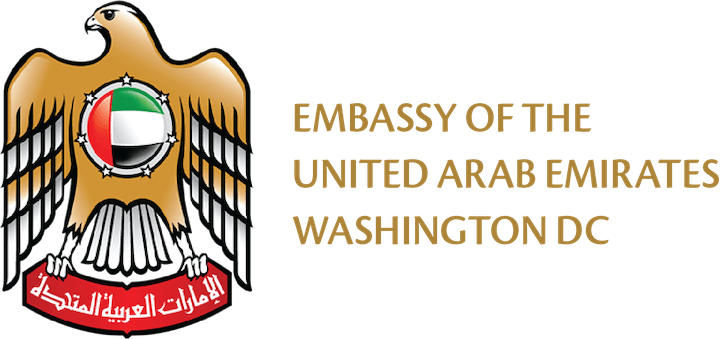President Obama advances US-UAE Bilateral Nuclear Energy Agreement, reinforcing new global model for peaceful electricity development
December 10, 2014
WASHINGTON, DC (21 May 2009) – HH Sheikh Abdullah bin Zayed Al Nahyan, the United Arab Emirates (UAE) Minister of Foreign Affairs, welcomed the announcement that President Barack Obama approved the Bilateral Agreement for Peaceful Nuclear Energy Cooperation with the UAE. The agreement, which was signed today by HE Yousef Al Otaiba, UAE Ambassador to the United States (US) and US State Department officials, was then transmitted to the US Congress for its review.
The so-called “123 Agreement” establishes a legal framework for commerce in civilian nuclear energy between the two countries, reinforcing the UAE’s new global gold standard for peaceful nuclear energy development. The US Congress will review the document before it can come into force.
“We appreciate President Obama’s support, and we look forward to working with the US Congress,” said the Foreign Minister. “We have worked closely with the International Atomic Energy Agency (IAEA), the US government and other responsible nations to create a program that is peaceful by design, with the highest standards of safety, security, operational transparency and nonproliferation.”
President Obama recently outlined the US’s goals on nonproliferation. “We need a new paradigm for civil nuclear cooperation that allows all countries to enjoy the benefits of nuclear power, while avoiding the spread of nuclear weapons and technologies,” he said during a speech on April 5, 2009 in Prague, Czech Republic. During his speech, the US President also underscored US support for an international fuel bank, to which the UAE committed $10 million last year.
The UAE’s rapid growth, even in the context of the current global economic slowdown, has created a critical need for diverse, reliable and clean base-load electricity. Current, committed capacity can meet only half the expected demand by 2020. Extensive analysis confirmed that peaceful nuclear energy offers the best solution to these urgent electricity demands.
In April 2008, the UAE released details on its evaluation and potential development of peaceful nuclear energy, creating an approach that is peaceful by design. Among its key policy commitments are pledges to forego any domestic fuel enrichment or reprocessing capability, in favor of long-term external fuel-supply arrangements. This breaks the link to future militarization and ensures that these sensitive technologies will not be present in the UAE.
“The UAE is establishing a model for utilizing peaceful nuclear energy, without increasing the risk of nuclear proliferation,” said Ambassador Hamad Al Kaabi, the UAE’s permanent representative to the IAEA. “The support of the US Administration for this model reflects shared principles and common vision.”
The UAE has moved forward on its nonproliferation commitments. Most recently, the UAE signed the IAEA Additional Protocol to the Comprehensive Safeguards Agreement, establishing a procedure for stringent inspections of nuclear facilities and operations. Government officials, nonproliferation experts and leaders in the energy industry worldwide have expressed support for the UAE approach.
“This agreement deepens an already close US-UAE partnership that is based on shared security and economic interests. We are delighted that the congressional review process can begin,” said UAE Ambassador to the United States Yousef Al Otaiba. “The UAE wants to seriously consider US companies for implementation of our program.”
More information is available at www.usuae123.org.



